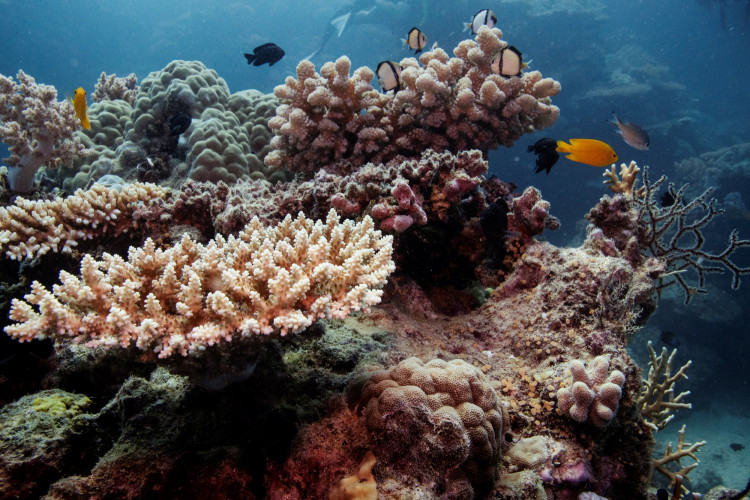The United Nations cultural agency's expert panel has suggested that Australia's Great Barrier Reef be added to the list of World Heritage sites that are "in danger" when it meets next month, triggering an angry response from the Australian government.
Because of the effects of climate change, the United Nations Educational, Scientific and Cultural Organization committee recommended that the world's largest coral reef system be added to the list.
Australia has been fighting for years to keep the Great Barrier Reef, which lies off its northeastern coast and is a key tourist destination, off the list, which may lead to the loss of World Heritage status.
WWF Australia's head of oceans, Richard Leck, called the committee's proposal a "powerful message that the government needs to lift its game on climate change."
Sussan Ley, Minister for the Environment, claimed Canberra's conservative government had been promised that no UN proposal on the reef would be made before July.
Ley said that she and Australia's Foreign Minister, Marise Payne, talked with UNESCO Director-General Audrey Azoulay overnight.
"Politics have subverted a proper process and for the World Heritage Committee to not even foreshadow this listing is, I think, appalling," Ley said.
She said that the UN body did not take into account the billions of dollars spent seeking to protect the world's largest coral reef.
Australia has rejected demands to commit to a net-zero emissions target by 2050, with Prime Minister Scott Morrison saying that the country aimed to achieve carbon neutrality "as soon as possible" without hurting its commodity-dependent economy.
The decision to put the reef on the World Heritage "in danger" list led environmental organizations to point out Canberra's unwillingness to take tougher climate action.
According to the Australian Climate Council, it "brings shame on the federal government, which is standing by as the reef declines rather than fighting to protect it."
"I agree that global climate change is the single biggest threat to the world's reefs but it is wrong, in our view, to single out the best managed reef in the world for an 'in danger' listing," Ley said.
The Great Barrier Reef has now seen three catastrophic coral bleaching events in the last five years, with the reef losing half of its corals since 1995 as ocean temperatures have increased.






